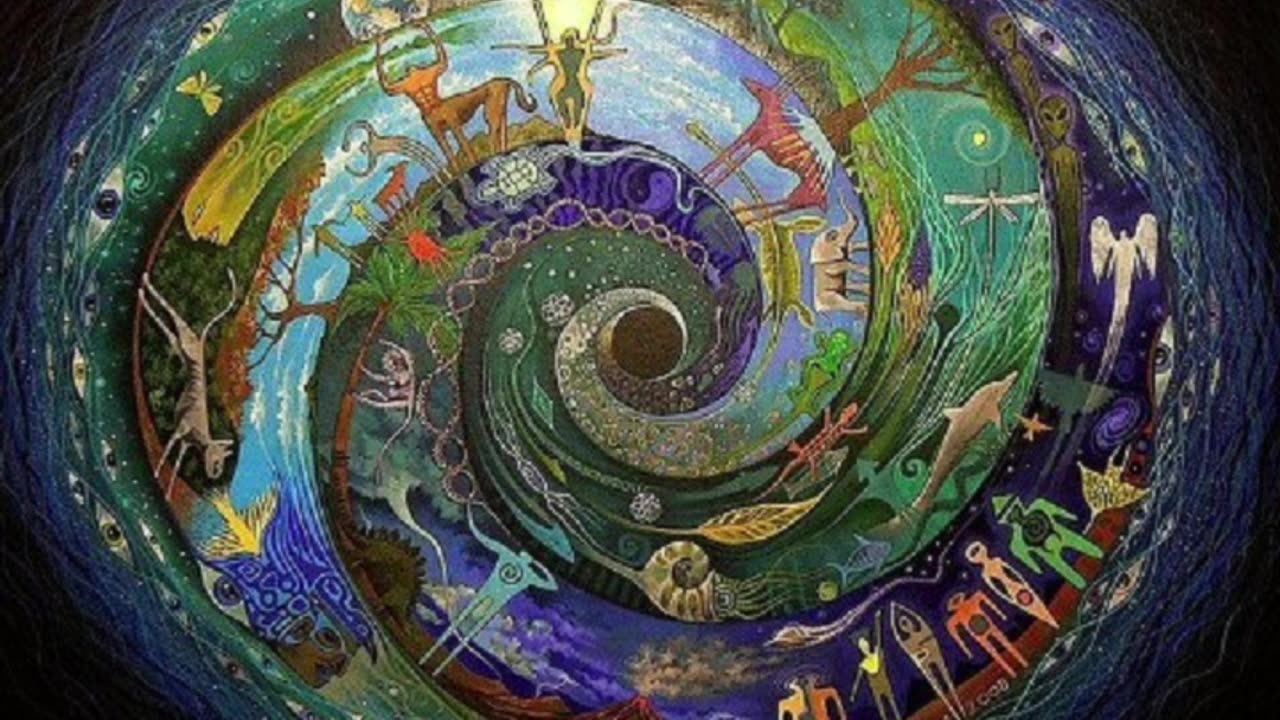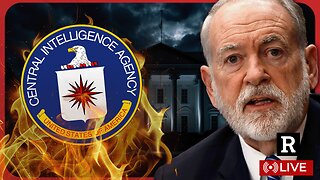Premium Only Content

Is God Infinite? The Big Question That Changes Everything
#IsGodInfinite #TheologyExplained #FaithAndReason #GodAndPhilosophy #DivineInfinity #ReligionDebate #SpiritualQuestions #ChristianThought #Philosophy101 #BigQuestions #god
The question "Is God infinite?" sits at the crossroads of theology, philosophy, and scripture. At one level the claim is simple: to call God infinite is to say God is without limits in power, knowledge, presence, and existence. That intuition drives many religious descriptions of God as omnipotent, omniscient, omnipresent, and eternal, and it shapes how believers speak about divine transcendence and sovereignty.Arguments for God’s infinitude draw directly on biblical language and classical theism. Scripture repeatedly affirms God’s eternality (“before the world was”), his all‑knowing mind, his unlimited power, and his omnipresence, points used to argue that God is not constrained by time, space, or creaturely finitude. Theological writers who defend divine infinitude emphasize that these perfections are not accidental attributes but expressions of a being whose nature is unlike anything created; because God does not grow, diminish, or change in the way finite creatures do, calling God “infinite” expresses that radical ontological difference.Philosophical and theological objections complicate the simple affirmation of infinitude. Some thinkers argue that labeling God “infinite” imports a philosophical concept that is not native to scripture and can produce paradoxes, especially when combined with the claim that God is personal. Critics insist that true personhood seems to require limits (relations, commitments, concrete decisions), so an absolutely infinite being risks becoming an abstract, impersonal Absolute or collapsing into pantheism if “infinite” is taken to mean containing the finite within itself. Other critics point to biblical narratives in which God self‑limits, expressing restraint, making promises, entering time, which suggests God can and does restrict divine power or presence for relational reasons.A constructive middle path is to distinguish different senses of “infinite.” One can hold that God is infinite in divine perfections (unlimited knowledge, power, and presence) while also affirming that God freely self‑limits for the sake of relationship and creation. That view preserves biblical testimony to both transcendence and divine self‑constraint: God’s perfections remain unbounded in their essence, yet God can enact voluntary restrictions in time and creation without thereby losing infinitude as a metaphysical description of the divine mode of being.In the end, whether one answers “yes” or “no” depends on how narrowly or broadly one defines infinity and how one reconciles metaphysical categories with scriptural portraiture. Affirming God’s infinitude captures important truths about divine greatness and otherness, while acknowledging philosophical worries about personhood and biblical evidence of self‑limitation invites a more nuanced, relational account in which divine infinitude and divine self‑restriction coexist rather than contradict.
-
 LIVE
LIVE
AirCondaTv Gaming
5 hours ago $0.07 earnedBattlefield 6: Burn Baby Burn. Like a Raging Inferno
63 watching -
 1:06:20
1:06:20
BonginoReport
2 hours agoTrump, Vance “SNUBBED” by Never-Trumper Cheneys - Nightly Scroll w/ Hayley Caronia (Ep.182)
25.1K13 -
 LIVE
LIVE
SlantRock
3 hours agoBATTLEFIELD REDSEC/ MAYBE ARC RAIDERS AFTER
42 watching -
 LIVE
LIVE
Astral Doge Plays!
1 hour agoHyrule Warriors: Age of Imprisonment ~LIVE!~ Ganondorf Is a Jerk
43 watching -
 1:25:13
1:25:13
Kim Iversen
3 hours agoMKUltra Victims Are SUING — The CIA's Darkest Secret EXPOSED
75.5K40 -
 LIVE
LIVE
GritsGG
5 hours ago#1 Most Warzone Wins 4015+!
54 watching -
 16:30
16:30
Stephen Gardner
3 hours ago🚨OVAL OFFICE EXPOSES TRUMP TAKEOVER – FILIBUSTER NUKED!
8.73K20 -
 LIVE
LIVE
The Rabble Wrangler
15 hours agoThe Best in the West Dominates Battlefield
25 watching -
 LIVE
LIVE
cosmicvandenim
3 hours agoCOSMIC VAN DENIM
50 watching -
 1:34:03
1:34:03
Redacted News
3 hours agoBREAKING! CIA FURIOUS & EMERGENCY WHITE HOUSE MEETING - ISRAELI SPY CAUGHT MEETING WITH AMB HUCKABEE
113K112